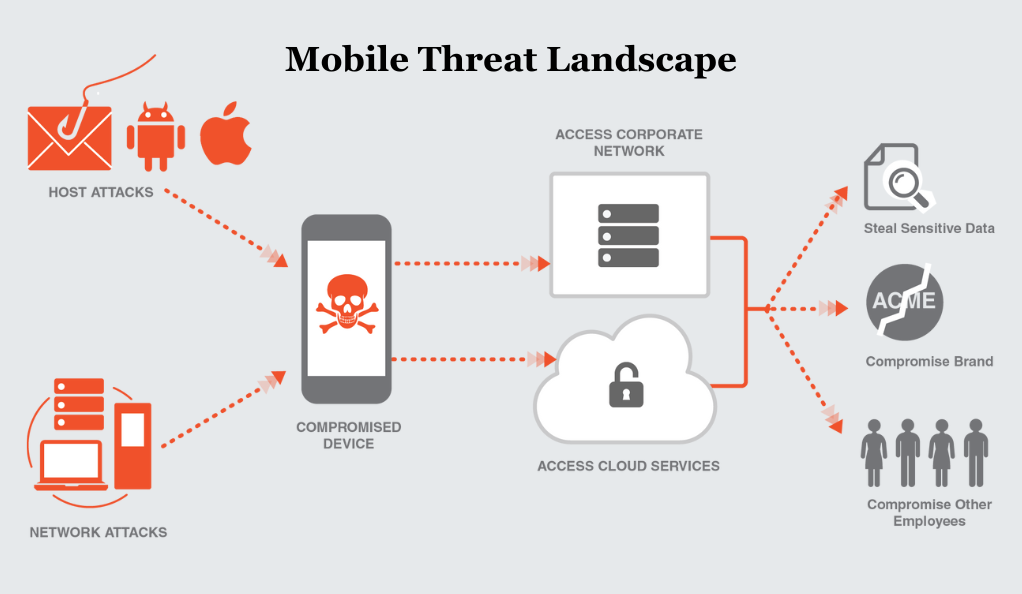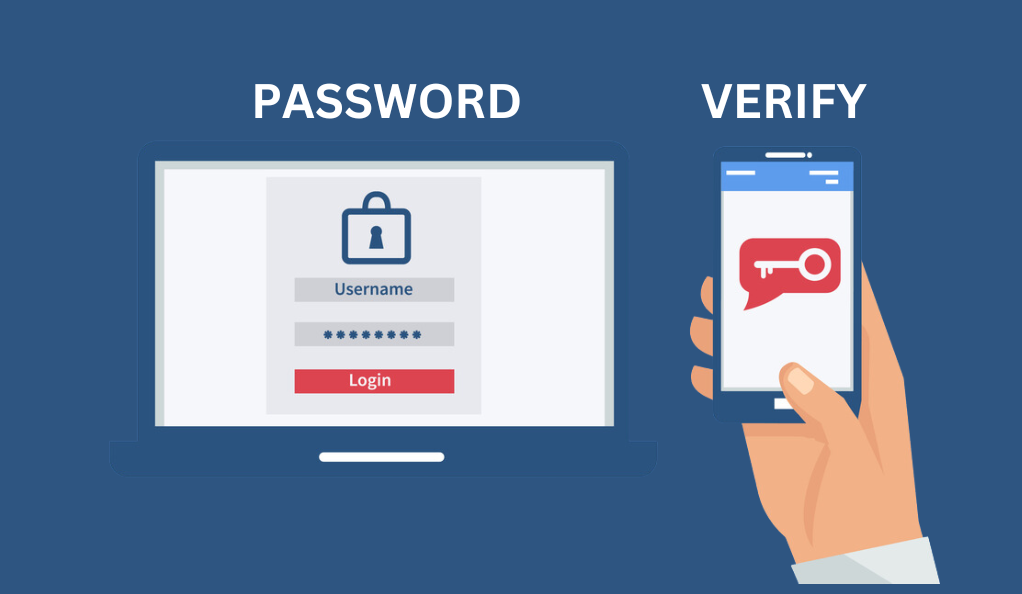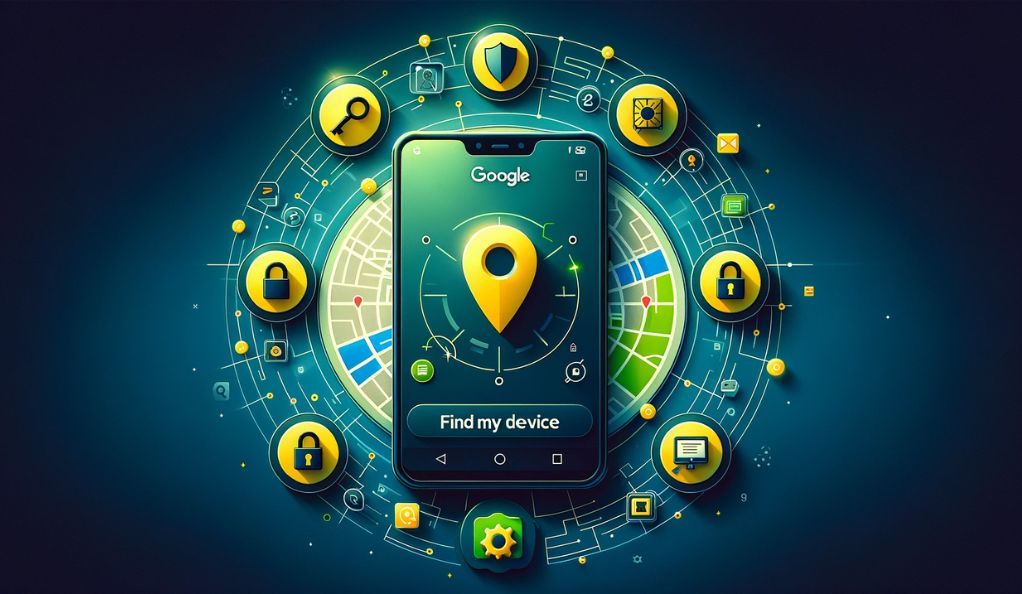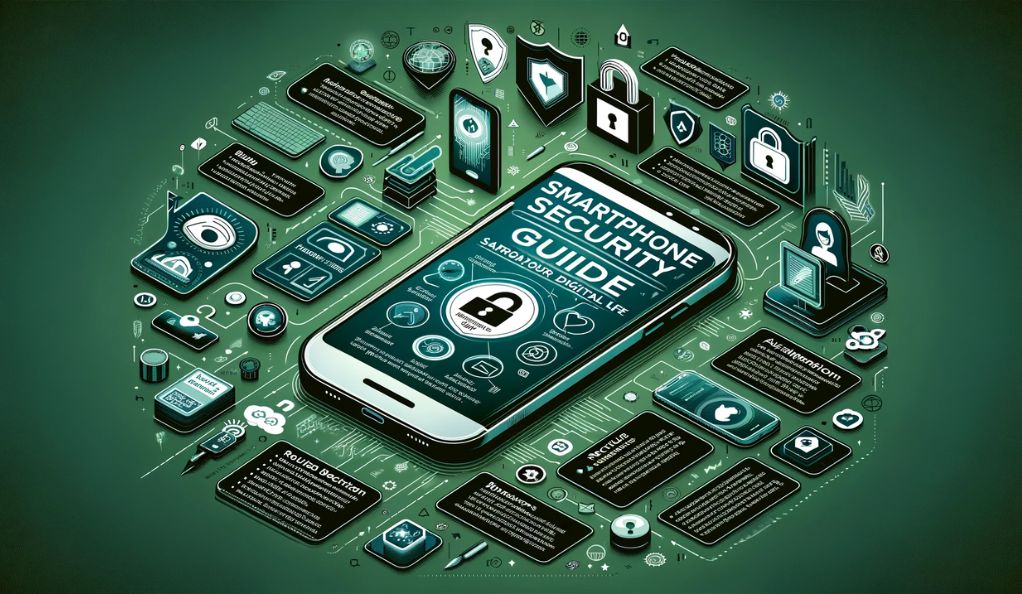The digital age has ushered in a new era of convenience and connectivity. With the rise of smartphones and IoT devices, our world has become more interconnected than ever. However, this convenience comes at a price: security. As we increasingly rely on these devices, the importance of securing them becomes paramount. This article delves into the world of mobile and IoT security, offering insights into spy apps, mobile security software, and best practices to ensure your devices remain safe.
Understanding the Mobile Threat Landscape

The first step to securing your mobile device is understanding the threats. Cybercriminals are constantly devising new ways to exploit vulnerabilities, from malware to phishing attacks. Being aware of these threats is the foundation of a robust mobile security strategy. As technology evolves, so do the methods of these malicious actors. They are quick to adapt, making it imperative for users to stay informed and proactive in their defense strategies.
The Rise of Spy Apps
Spy apps are malicious software designed to monitor and record your activities without your knowledge. They can access your messages, calls, photos, and even your location. Regularly checking for unfamiliar apps and using trusted app stores can help mitigate this risk. The insidious nature of these apps means they often operate in the background, consuming minimal resources, making them hard to detect without the right tools.
Importance of Regular Software Updates
Manufacturers and app developers frequently release updates to patch security vulnerabilities. Keeping your device’s operating system and apps updated ensures you’re protected from known threats. These updates not only bring new features but also address potential security loopholes that hackers could exploit, emphasizing their importance.

Mobile Security Software: A Must-Have
Just as computers need antivirus software, smartphones require protection too. Mobile security apps can detect and remove malware, block malicious websites, and offer a range of other protective features. With the plethora of options available, it’s crucial to choose software that updates its threat database regularly and offers real-time protection.
Safe Browsing Habits on Mobile
Avoid clicking on suspicious links, especially from unknown sources. Cybercriminals often use phishing tactics to deceive users into providing personal information or downloading malware. Additionally, always scrutinize permissions requested by apps. If a simple game asks for access to your contacts, it’s a red flag.
The Role of VPNs in Mobile Security
Virtual Private Networks (VPNs) encrypt your internet connection, making it harder for hackers to intercept your data. Using a VPN on public Wi-Fi networks is especially crucial to prevent eavesdropping. Beyond security, VPNs also offer privacy benefits, masking your online activities from prying eyes.
Two-Factor Authentication (2FA)
2FA adds an extra layer of security by requiring two forms of identification before granting access. This could be something you know (password) and something you have (a code sent to your phone). Implementing 2FA can deter a significant portion of potential unauthorized access attempts, as the hacker would need both your password and physical access to your device.

IoT Devices: The New Frontier
The Internet of Things (IoT) refers to the network of physical devices connected to the internet. While they offer convenience, they also present new security challenges. Ensure default passwords are changed and keep these devices updated. As the number of connected devices in our homes and workplaces grows, so does the potential attack surface for cybercriminals.
Educating Yourself and Others
Knowledge is power. Regularly educate yourself about the latest security threats and best practices. Sharing this knowledge with friends and family can help create a safer digital community. Workshops, online courses, and seminars can be invaluable resources in this ever-evolving landscape.
The Future of Mobile Security
As technology evolves, so will security measures. Staying informed and adapting to new security practices will be essential in the ever-changing digital landscape. With advancements in AI and machine learning, future security solutions might be more proactive, predicting threats before they manifest.
In conclusion, as the world becomes increasingly mobile, the importance of security cannot be overstated. By staying informed and adopting best practices, you can navigate the digital world confidently and securely.
FAQs
The most prevalent threats include malware, phishing attacks, spy apps, and unsecured Wi-Fi networks. Being aware and taking precautions can significantly reduce the risk of falling victim to these threats.
Regularly review the apps installed on your device. If you find any unfamiliar or suspicious apps, research them or consider removing them. Additionally, using mobile security software can help detect and eliminate spy apps.
Not all VPNs are created equal. It’s essential to choose a reputable VPN provider. Read reviews, check their privacy policy, and ensure they don’t log your activities.
Change default passwords, regularly update the device’s firmware, and ensure they’re connected to a secure network. If possible, segregate IoT devices from your primary network.
Public Wi-Fi networks are often less secure. If you need to conduct sensitive activities like banking, it’s best to use a secure connection or a VPN to encrypt your data.








